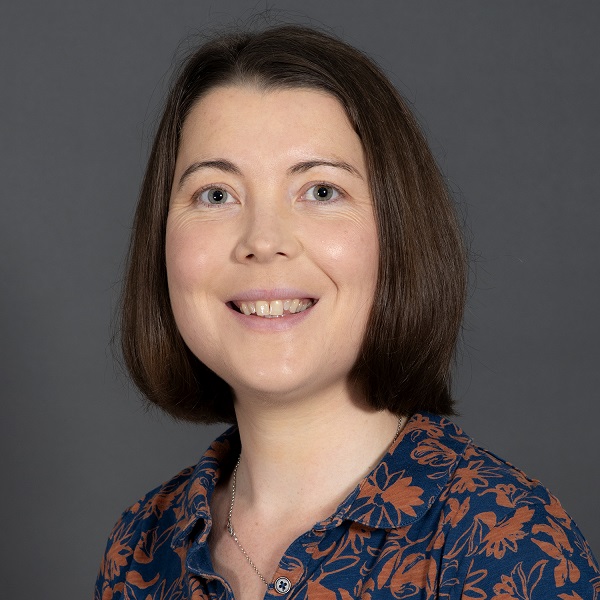
Tell us about yourself
I joined York Law School in September 2016 after completing my doctoral studies at the London School of Economics and Political Science (LSE). I am currently the Faculty Lead for the Social Sciences at the Institute of Mental Health Research at York (IMRY).
My research focuses on the intersection between mental health and criminal justice, and I am particularly interested in the overlap and tensions between criminal law, mental health law and human rights law. I use both doctrinal and socio-legal methodologies in my work, and draw on theoretical frameworks from law and criminology.
I am currently lead investigator on the Centre-funded project Defendants as victims: a scoping review of vulnerability, victimhood and safeguards from charge to conviction.
Tell us about your project funded by the Centre
The aim of the research project is to explore how vulnerability and victimisation can affect a suspect or defendant’s ability to mount an adequate defence, and how the criminal justice process may exacerbate existing vulnerabilities or result in re-victimisation. Examples of defendants who are also victims include victims of domestic abuse who kill their abusers, and those engaged in criminal conduct who are victims of modern slavery or other forms of exploitation.
This scoping project will review relevant law, policy and empirical research and will focus on criminal justice institutions beyond the police. These include the Crown Prosecution Service, HM Courts and Tribunals Service, and HM Prison and Probation Service. It will consider how these institutions define ‘victimhood’ and evaluate the safeguards in place for defendants who are also victims, or who are otherwise vulnerable.
How does your research connect to the Centre’s mission and values?
The project is very much solution-focused, and a key output of the project will be a scoping paper for the Law Commission that will consider whether and, if so, how a future Law Commission project might review the way the law should treat defendants who are also victims of crime. The scoping project will explicitly engage with issues of equality, diversity and inclusion in respect of criminal defendants and victims of crime. As part of the process of producing the paper, we are forging new connections with stakeholders and taking on their feedback on our work.
What interests you in the connections between policing and vulnerability?
I am interested more broadly in how interactions with the criminal justice system can make people vulnerable, or expose existing vulnerabilities. This extends to suspects, accused persons or defendants who are also victims of crime, but also to people with mental health problems that may be exacerbated by contact with the criminal justice system. My broader research interests centre on how expert evidence is taken into account in sentencing decisions involving convicted offenders with mental health conditions, and on how these individuals are managed within the criminal justice and mental health systems. I am interested in exploring whether the lens of vulnerability can help us to better understand and respond to the challenges that people with mental health conditions face within the criminal justice system.
